How antisemitism has roiled university campuses
Months of pro-Palestinian demonstrations left lingering mental and emotional scars for Jewish students and faculty members who say their safety and inclusion is still being threatened.
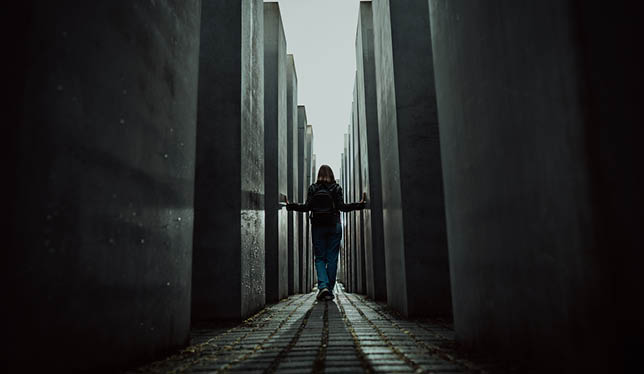
“Unwelcome and unwanted.”
This is how Claire Frankel describes the way she feels as a Jewish student at McGill University. She says she has been a target of hatred at the university’s downtown Montreal campus, where throughout the past spring and summer, a pro-Palestinian encampment by students and others protesting the conflict in the Middle East featured what she describes as some elements of distinct contempt towards Israel.
“There is a very hostile energy on campus towards anyone with perceived proximity to Israel…People hate me based on my connection to Israel,” says Ms. Frankel, an undergrad studying history and political science. “When I walk around on campus, I question my safety.”
Each time she walked to her summer school class, she passed the Gaza solidarity encampment that took over the grounds outside the University’s main entrance on April 27. Among the protest chants and signs, she says some openly vilified Israel and Jews, including “Jews go back to Europe,” “All Zionists are racists” and “There is only one solution, intifada revolution.”
“I understand when people are in pain, they feel the need to organize…but that does not give you a right to spew antisemitism,” says Ms. Frankel, who testified on May 8 at the House of Commons Standing Committee on Justice and Human Rights, which is investigating antisemitism in Canada. “How you criticize the Israeli government is by actually criticizing the Israeli government, not the Jewish people as a whole, not Zionists as a whole…It’s bigotry disguised as social justice.”
Ms. Frankel began feeling isolated on campus soon after the Oct. 7 terror attack on Israel that resulted in more than 1,200 deaths and an ongoing hostage saga, impacting people among her circle of friends. She feels her sense of inclusion and safety as a Jew at McGill is still uncertain today one year after the massacre, and amidst the escalating Middle East conflict that has contributed to rising antisemitism in Canada. While dealing with her grief, Ms. Frankel says she also suffered abandonment by her non-Jewish peers.
“Over the last several years — well before Oct. 7 — we have not seen Jewish faculty meaningfully consulted on these issues…and that has been a grave problem that has brought us to where we are today.”
Describing herself as a proud Jew who grew up enjoying Jewish Sunday school and sleepaway camps, she has a menorah (Chanukah lamp) tattooed on her left forearm. But in her classes, she feels she must self-censor how she contributes to discussions about the Middle East, where other students routinely refer to Israel’s “genocide.” She knows offering a more nuanced perspective on Israel and the conflict could make her a target for hate, so she shrinks away from fully participating as a student. “I’ve become so small this year…I feel like a partial person.”
“Universities are a place where we’re supposed to challenge thinking in a binary way…dig deeper, look at the grey areas,” she continues. “That’s been a failure of the university…It should be their job to create an environment that allows for healthy discourse and disagreement.”
In an April 30 message to the McGill community, president and vice-chancellor Deep Saini explained the institution’s attempts to reach a resolution with encampment participants, and when these failed, requested police assistance to remove it since, as it was on campus property, it was “outside protected parameters.”
Ms. Frankel, however, says university leaders did not do enough to address the movement’s hateful elements, which she perceives as being propagated by members of outside groups such as Palestinian Youth Movement and Montreal4Palestine, which she saw infiltrate the encampment. This prompted her to self-advocate by joining the leadership of the new Canadian Union of Jewish Students.
“What we’ve been hit with every single time [by administrators] is ‘we have so much empathy for you, we feel for you, but there’s nothing we can do,’” says Ms. Frankel. Michel Proulx, the director of institutional communications at McGill, did not respond to a request for comment.
On May 27, Dr. Saini testified to the Standing Committee on Justice and Human Rights that he found the encampment sentiments antisemitic, and acknowledged that antisemitism is a significant problem at McGill. He highlighted the university’s efforts to make equity, diversity and inclusion (EDI) policies more inclusive of Jewish students, its hiring in January of 2023 of a Jewish student affairs liaison, and its 2022 initiative to address and prevent Islamophobia and antisemitism.
‘Lawless environment’
After dedicating himself to the rigours of medical training at the University of Toronto for the last six years, Gill Kazevman made the painful decision to miss a celebration this past spring to mark the completion of his two-year residency in family medicine.
Attending the event at Hart House on the St. George campus he says would have brought him near the throng of anti-Israel masked protesters who set up an encampment on the lawn of King’s College Circle on May 2 and occupied the space for two months.
“We all wanted to come to campus and have the pictures and celebration. Everybody sacrificed so much for me to have this training, I’ve taken so much debt. And it was stolen from me,” says Dr. Kazevman, who was part of the department of family & community medicine at U of T. “You have all these angry people on campus that are using every opportunity to attack a person that identifies with my religion or my culture.”
He says he saw some protesters with blatantly discriminatory signs such as “Zionists are terrorists,” “Israel should burn” and “Jews go back to Europe.”
“My maternal grandparents survived Poland barely…to be told to go back is a call for me to die,” says Dr. Kazevman, who says he now hides his Star of David necklace while on campus out of fear. “The amount of hate that is going on is remarkable. It’s palpable in the air. You feel it.”
“I do not feel like I belong on my campus. I do not feel like I belong as a professor…I cannot fully be myself in my job.”
Last November, 555 Jewish physicians affiliated with the U of T faculty of medicine issued a public statement denouncing statements by colleagues and academic leaders that “make Jews feel unsafe and unwelcome.” In response, many say they were harassed and intimidated on social media and via email. Recently, more than 100 Jewish doctors in the faculty announced they will not mention their affiliation with U of T in their professional work because of the institution’s “failure…to defend Jewish learners and faculty.” In a statement to The Varsity student newspaper, Patricia Houston, the faculty’s interim dean, acknowledged the “immense grief, anger and distress” of many members of the community and “condemns all forms of discrimination.”
Dr. Kazevman has filed multiple complaints about antisemitism through the U of T Safety app, but says no one directly responded to his concerns. In U of T President Meric Gertler’s testimony on May 27 to Parliament’s Standing Committee on Justice and Human Rights, he shared details about the university’s efforts to combat antisemitism through efforts such as accepting the recommendations of its antisemitism working group, providing antisemitism training to equity staff, launching a new centre to study global antisemitism, and the school of medicine’s recent introduction of a new learning unit on antisemitism and antiracism. The university has reported more than 100 incidents to the police, but hadn’t expelled or suspended any encampment-affiliated students.
Rejection of identities
As a master of design student at Emily Carr University of Art + Design, Jewish student Eden Luna Goldet helps organize campus dinners to celebrate Shabbat, the Jewish day of rest. For one such Shabbat service planned for last November, Ms. Goldet and her friends discovered the room they had booked had been taken over by several pro-Palestinian protesters. They contacted administrators, and when the university president and another senior leader showed up, rather than asking the demonstrators to leave, they asked Ms. Goldet’s group to use another room.
“They told us they could not force them to move,” says Ms. Goldet, an international student from France whose ancestors were expelled from Egypt in 1956 because of their Jewish identity. “The fact that we had to relocate our dinner because the administration didn’t take action, it made us feel unsafe.”
“It’s bigotry disguised as social justice.”
In April, Ms. Goldet felt compelled to step down from her role as the faculty of graduate studies and research representative for the student union because she says it refused to label Hamas a terrorist organization and considered following in the footsteps of the university’s faculty association and adopt a boycott, divestment and sanction stance against Israel — a movement the federal government formally condemned in 2022.
Ms. Goldet submitted a deposition to the Standing Committee on Justice and Human Rights chronicling her experience with antisemitism at ECU, in which she concludes: “Allowing criticism of Israel is important, but calls for violence, rejection of identities, negation of a people’s history and open support for terrorism should never be allowed, whether it’s towards Jews or any other minority.” Emily Carr did not respond to a request for comment for this article. In an Oct. 12 statement on its website, the institution indicated it denounces antisemitism and anti-Muslim and anti-Arab racism and included support resources for students.
‘I do not feel like I belong’
That antisemitism is on the rise at universities in Canada is no surprise to academics Deidre Butler and Cary Kogan of, respectively, Carleton University and University of Ottawa, who have both observed what they describe as years of neglect by universities in considering Jewish perspectives in institutional affairs. Their experiences are backed up by the findings of the Canadian Universities Antisemitism Report 2024, in which the Abraham Global Peace Initiative examined antisemitism at 54 universities. It assigned poor or failing grades to 20 of the institutions in the three areas of campus atmosphere and Jewish student safety, misinformation and distorted narratives about the Israel-Hamas war, and EDI policy and mischaracterization of Jewish identity. This report was published last February, before the university encampment movement took shape in Canada.
“What we’ve been hit with every single time [by administrators] is we have so much empathy for you, we feel for you, but there’s nothing we can do.”
Dr. Butler, an associate professor who studies modern Jewish life and thought, says administrative and academic leaders rarely seek the input of Jewish faculty members when making decisions in areas such as EDI policies and practices — which typically exclude antisemitism — ties with academic institutions in Israel and even antisemitism, even though they can directly impact their sense of inclusion and academic productivity.
“Over the last several years — well before Oct. 7 — we have not seen Jewish faculty meaningfully consulted on these issues…and that has been a grave problem that has brought us to where we are today,” says Dr. Butler, who directs Carleton’s Max and Tessie Zelikovitz Centre for Jewish Studies.
In 2022, Dr. Butler and Dr. Kogan co-established the Network of Engaged Canadian Academics, a non-partisan group of Jewish and non-Jewish professors concerned about antisemitism on campus. Their group, which has more than 337 members from 43 universities, focuses on strengthening academic freedom, including diverse viewpoints, and protecting teaching about Jewish identity.
“If we don’t have viewpoint diversity on these issues, civil discourse and robust dialogue based on facts and scholarship, then the university as a project is dead,” Dr. Kogan says.
Grappling with the mental and emotional impacts of discrimination based on their ethno-religious and cultural identity, Dr. Kogan adds that the silence of other faculty members and colleagues has been deafening. “We have very few allies,” he says. “I do not feel like I belong on my campus. I do not feel like I belong as a professor…I cannot fully be myself in my job.”
As the conflict in the Middle East continues to rage, Dr. Butler fears the potential for escalation at home. “We talk a lot about the experience of antisemitism on our campuses as death by a thousand cuts. No one’s shooting on our campuses. Is that what we need to acknowledge how urgent this crisis is? Because people are suffering.”
[Editor’s note: Since publishing this story, a spokesperson from U of T contacted University Affairs with the following response to Dr. Gill Kazevman’s complaint:
“The university says a campus safety officer would connect quickly with anyone making such complaints through the app. Depending on the nature of the complaint, it may be escalated to municipal police and the university’s Anti-Racism and Cultural Diversity Office (ARCDO), which addresses concerns of harassment and discrimination based on race, ancestry, place of origin, colour, ethnic origin, citizenship and creed, and recently added a team member focused on the intersections of faith and race-based discriminations. U of T community members can also file complaints directly with ARCDO for investigation.”]
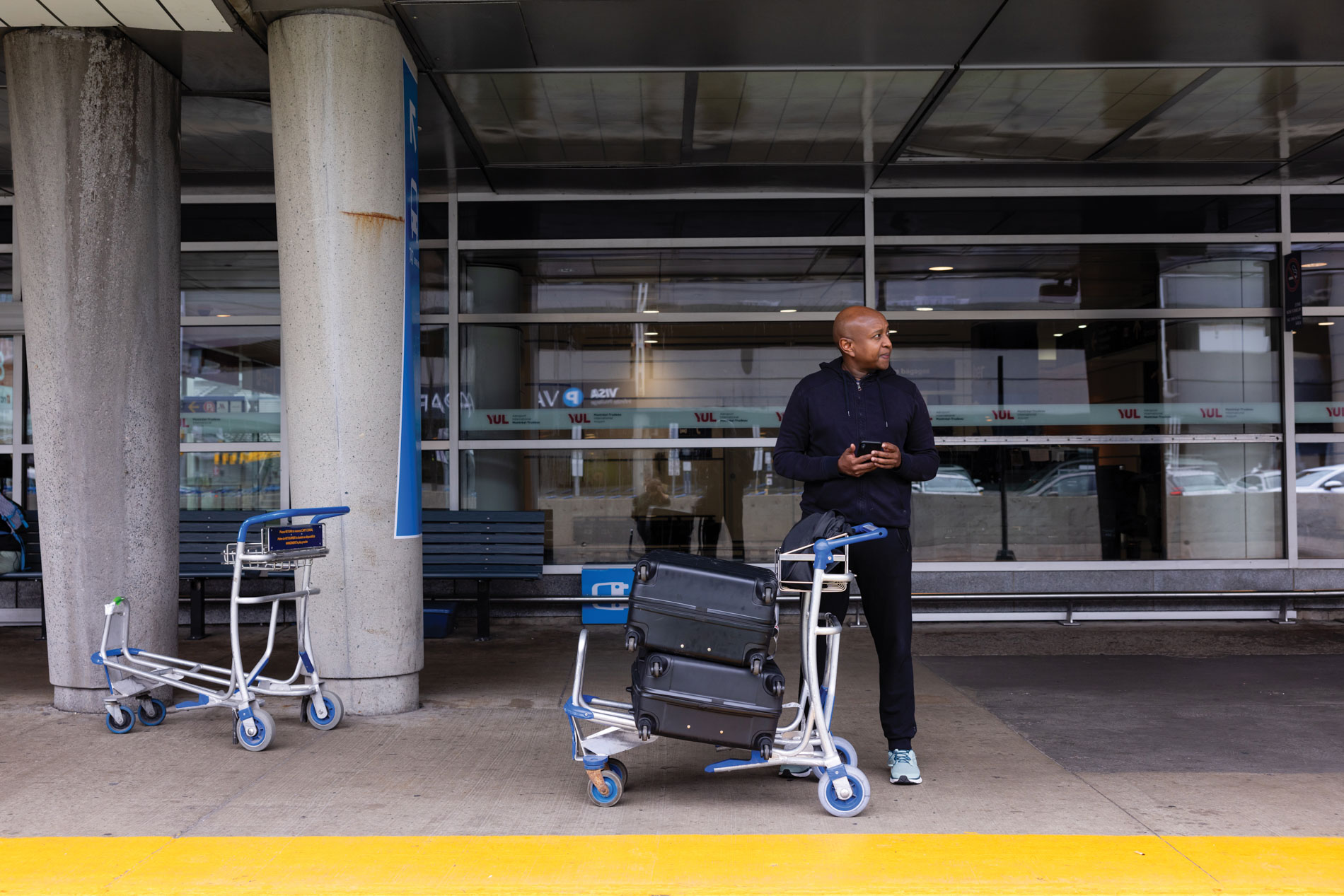
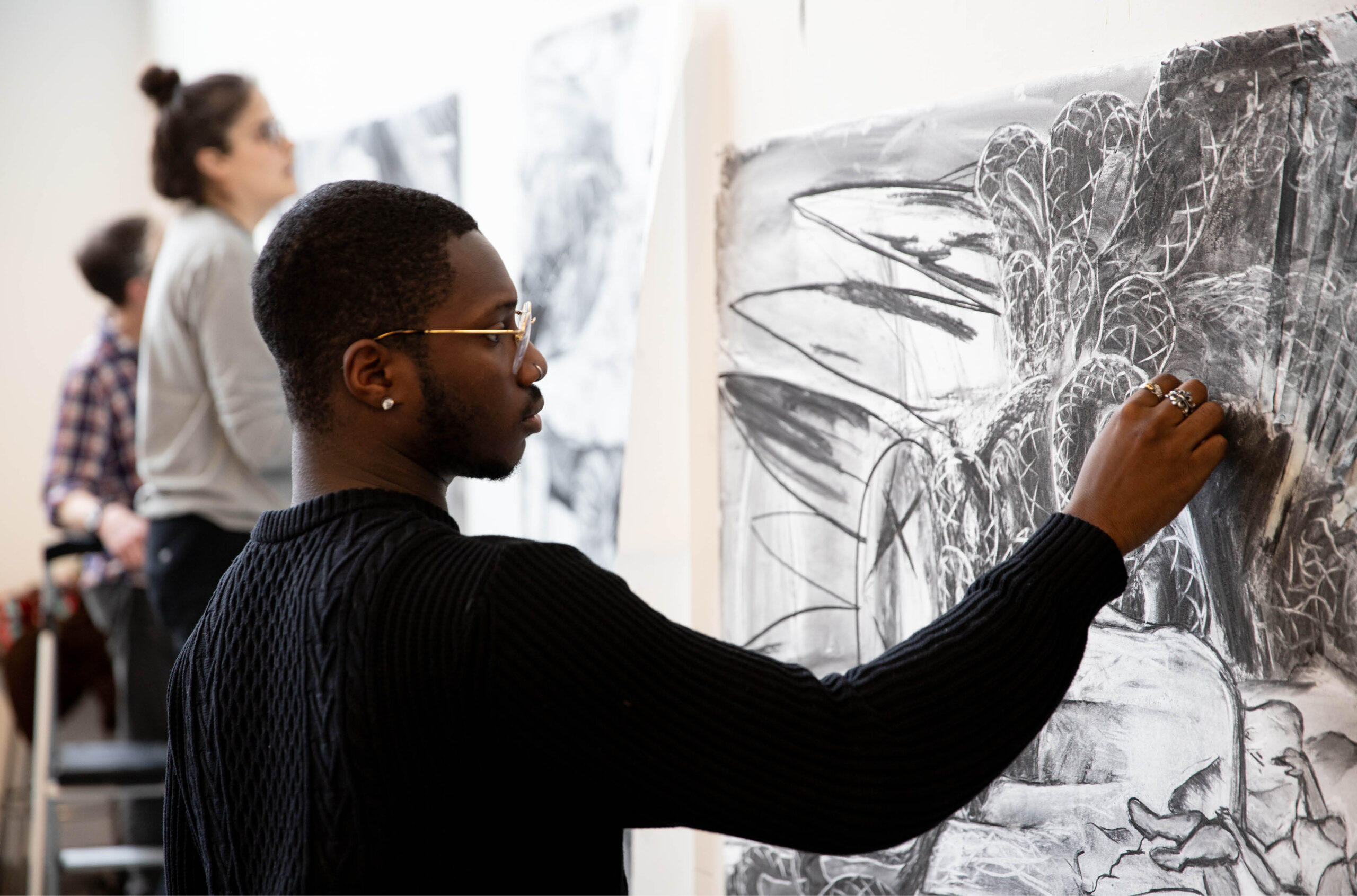
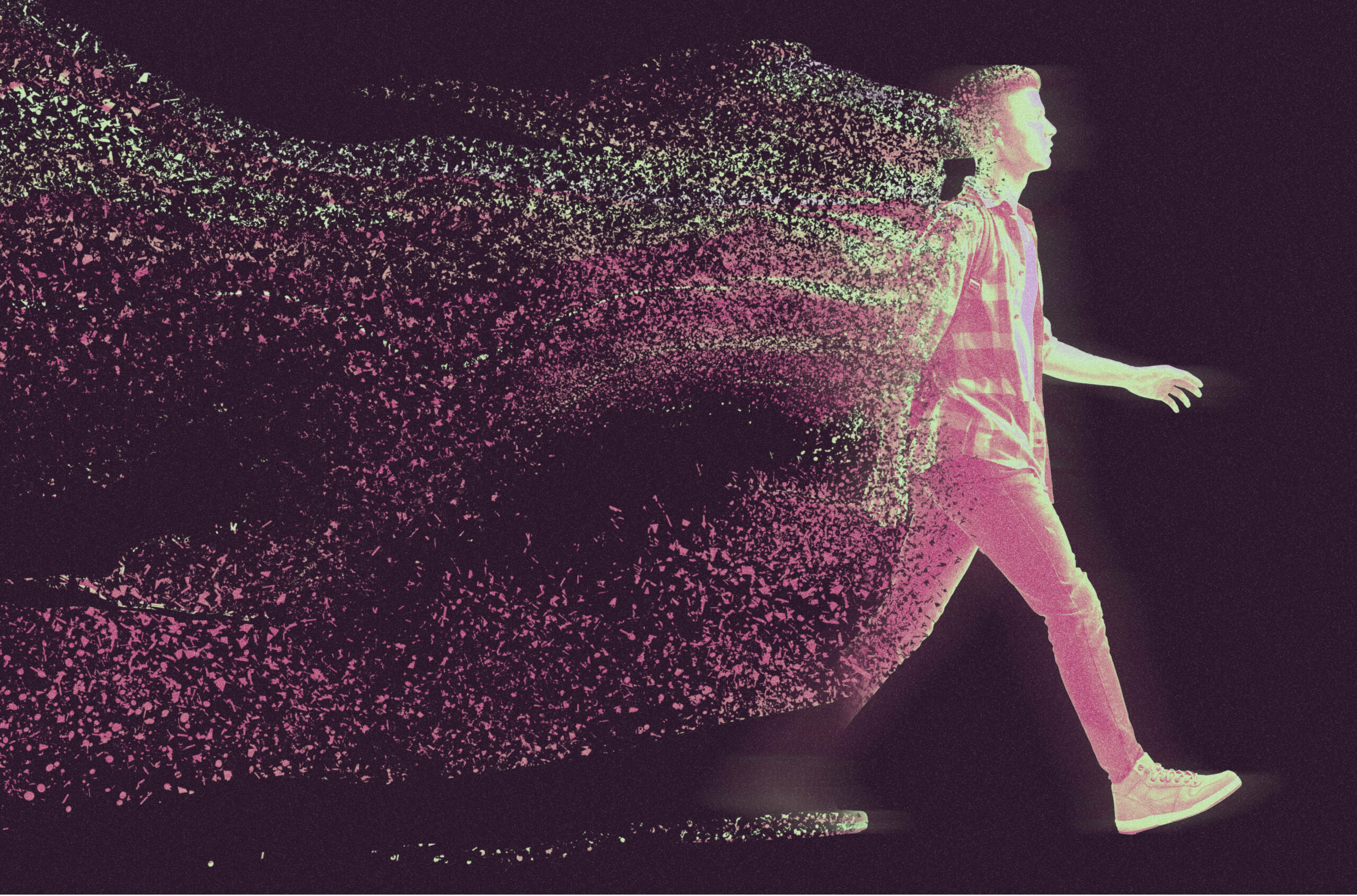
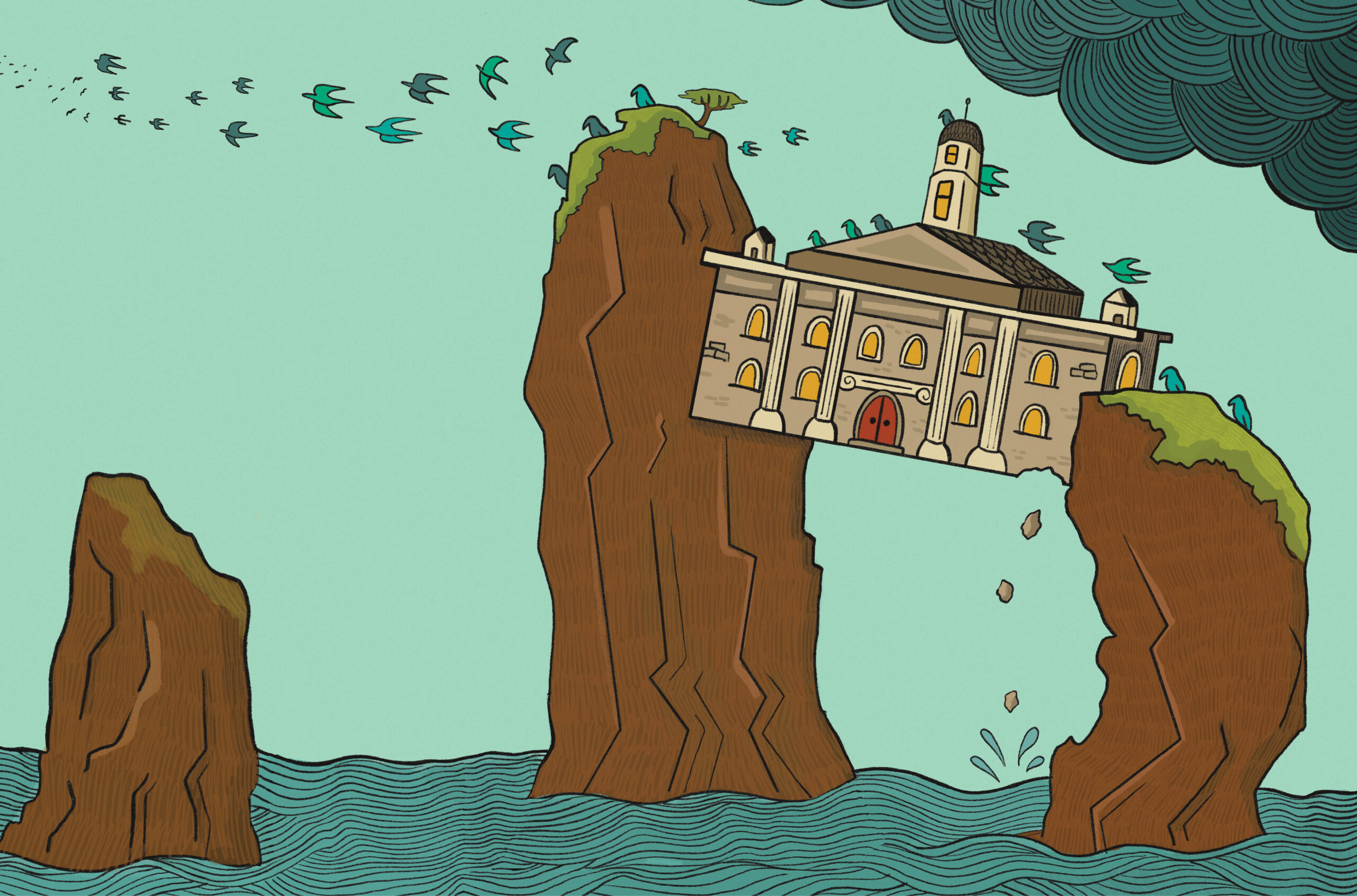
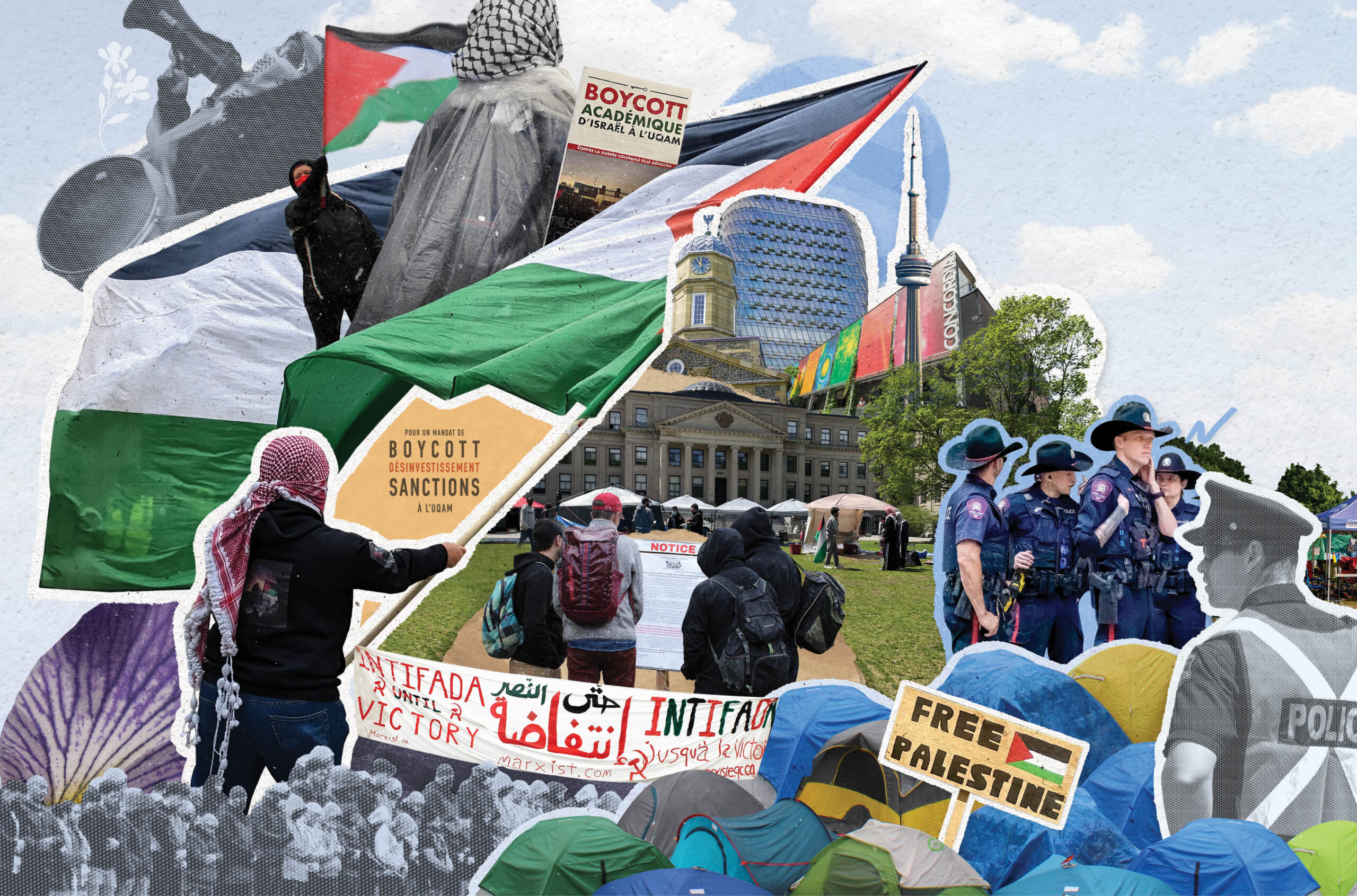
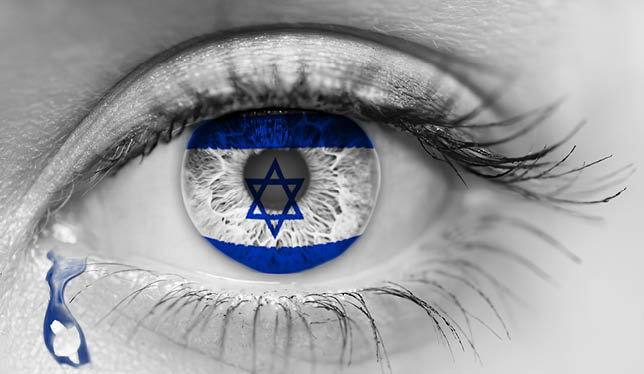
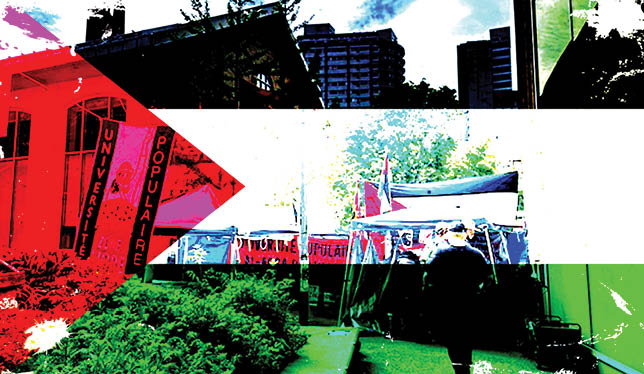
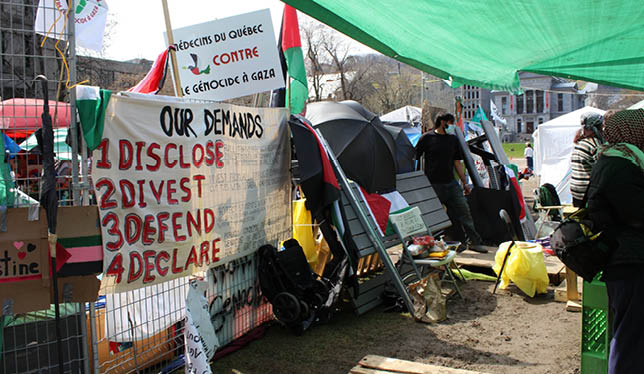
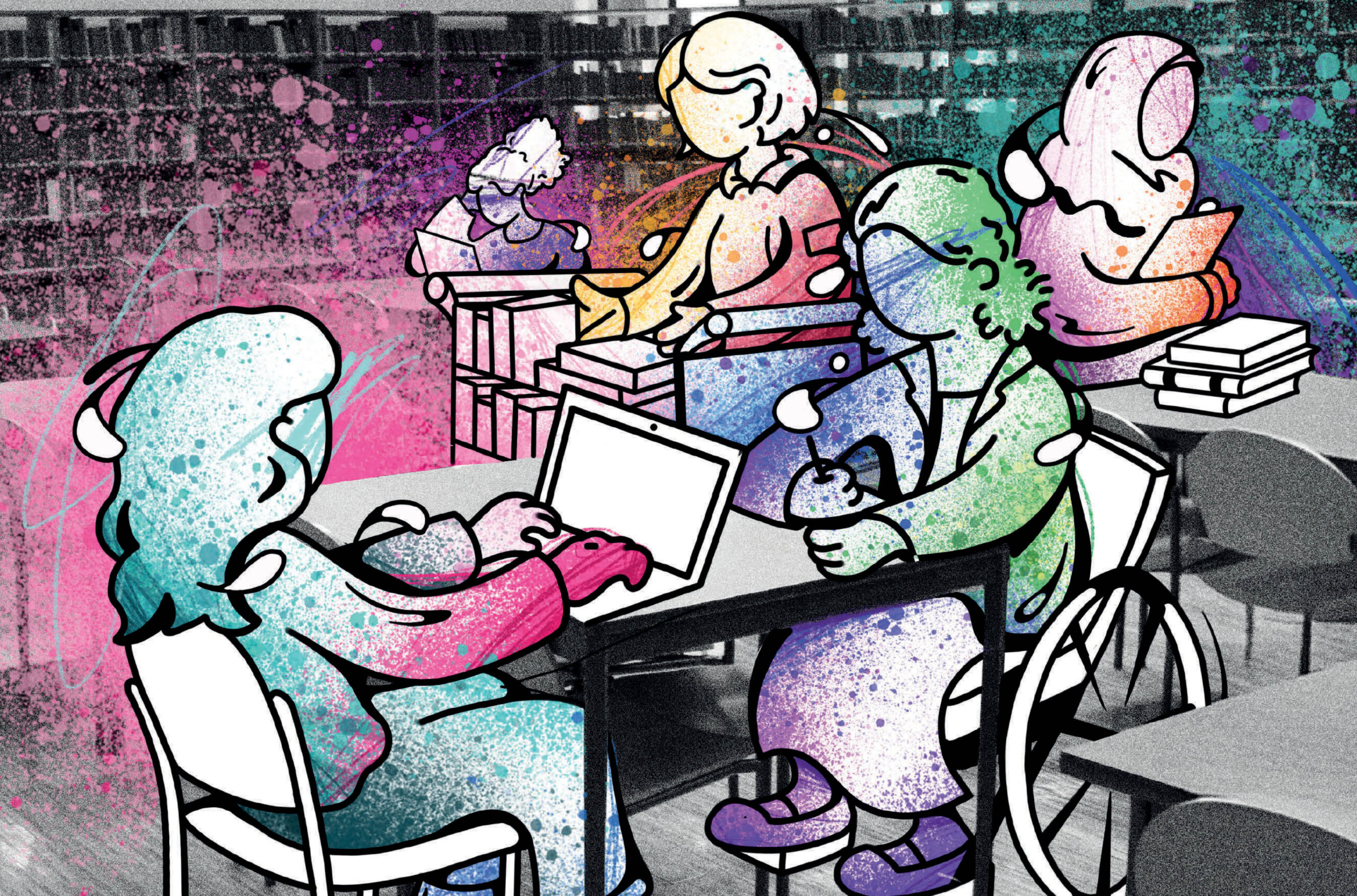
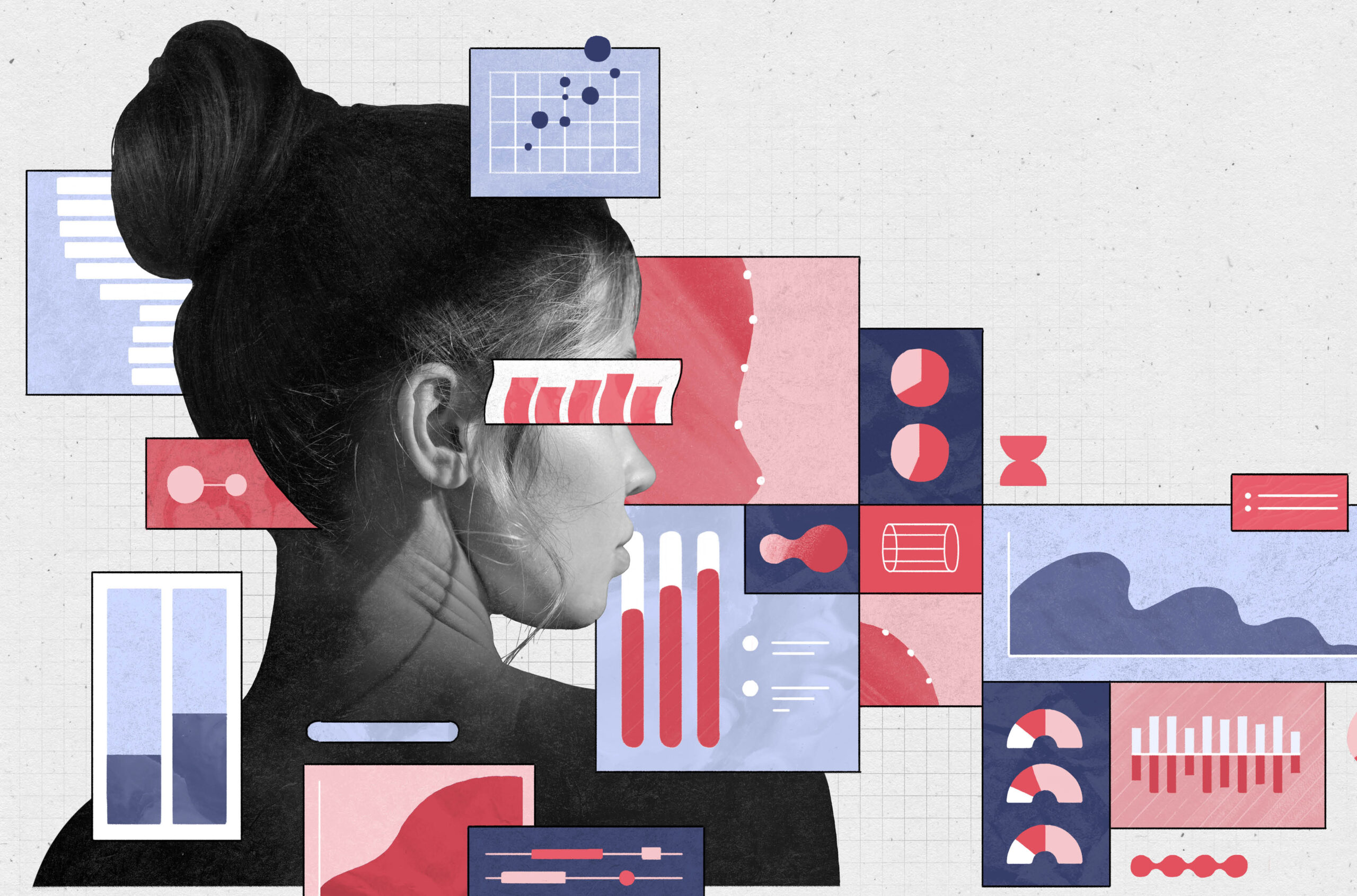
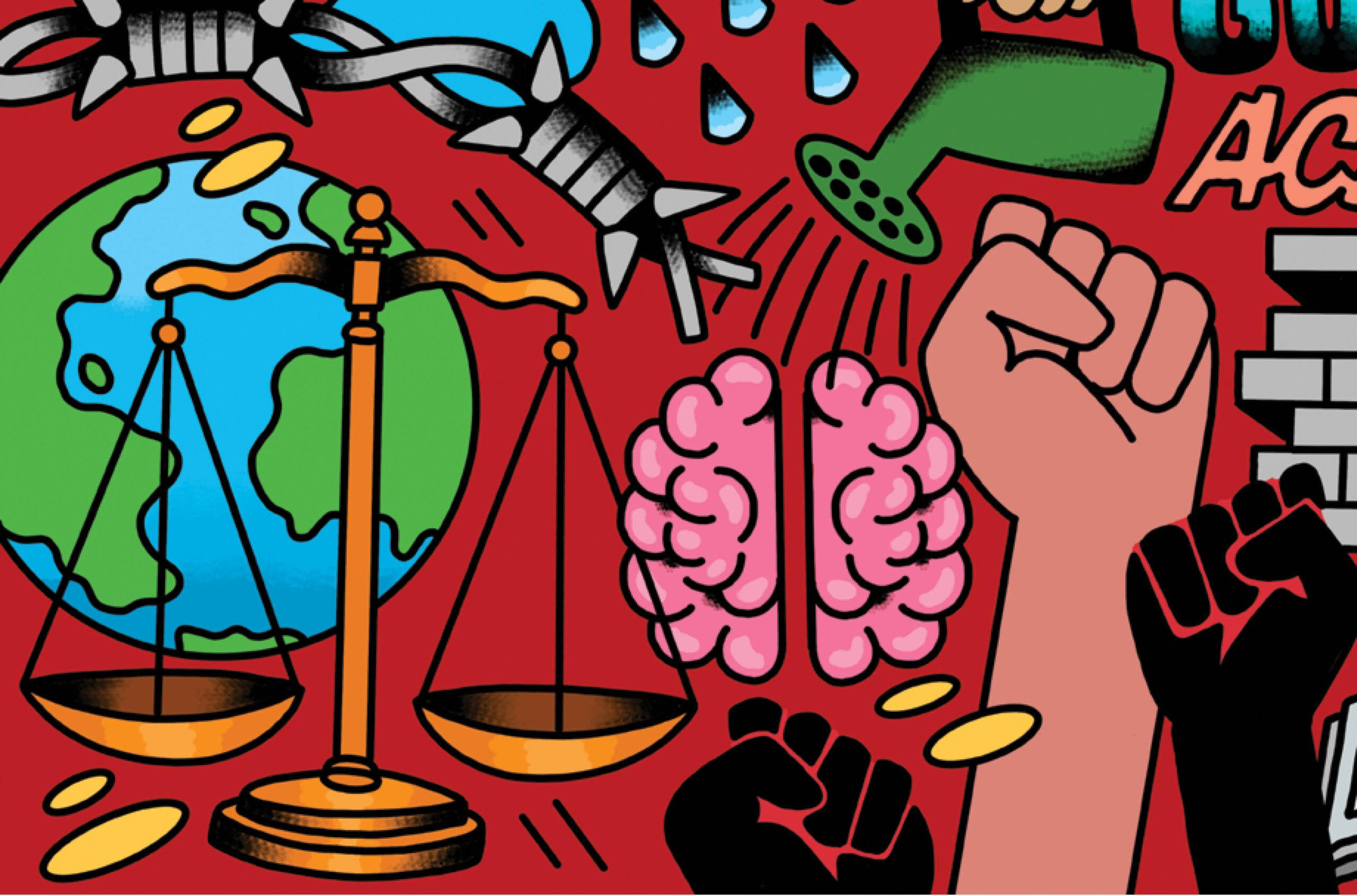
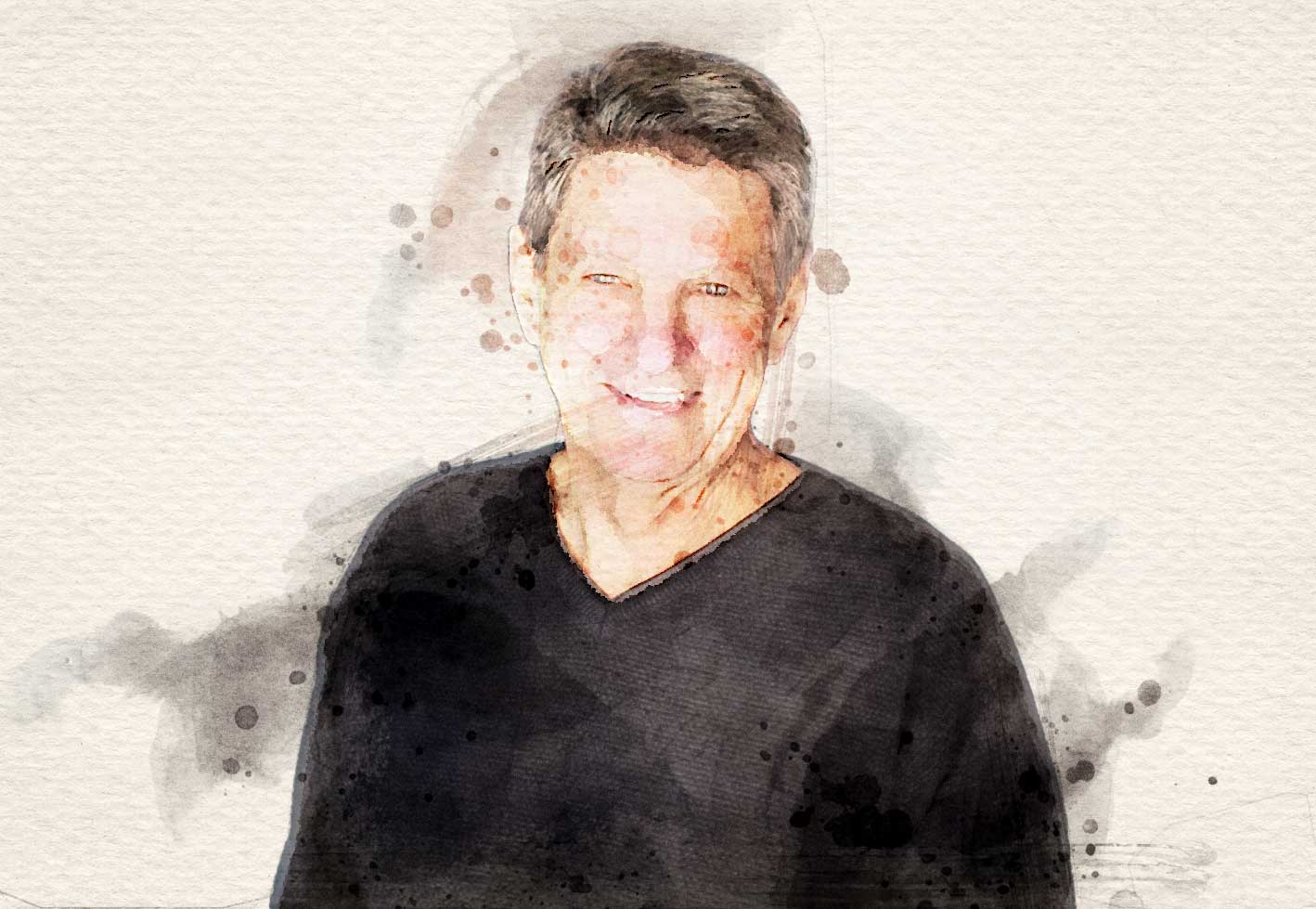
Post a comment
University Affairs moderates all comments according to the following guidelines. If approved, comments generally appear within one business day. We may republish particularly insightful remarks in our print edition or elsewhere.
3 Comments
Hatred directed at individuals based on their identity, whether Jewish, Palestinian, or any other group, is unacceptable and must be condemned in all its forms. It is equally important to clarify the distinction between legitimate criticism of Israel’s policies and actions in the context of the Israeli-Palestinian struggle, and antisemitism, which targets individuals or groups solely based on their Jewish identity.
Pro-Palestinian movements, including those on university campuses, are often expressions of solidarity with the Palestinian people, who have endured decades of occupation, displacement, and violence. These movements seek justice and human rights for Palestinians, which can sometimes be misunderstood or conflated with anti-Jewish sentiment. This distinction is critical. Many supporters of Palestinian rights, including Palestinians themselves, oppose Israel’s government policies, such as settlement expansion, military occupation, and human rights violations in Gaza and the West Bank, but they do not hold animosity toward Jewish people as a whole.
It is essential to have open, respectful, and nuanced discussions about the conflict in spaces like universities, where different perspectives can coexist. Universities should strive to ensure that both Jewish and Palestinian students feel safe and heard, promoting dialogue without silencing one side over the other.
The protest movements on campuses should not be dismissed outright but rather understood within the context of global calls for justice for Palestinians. It is also the responsibility of those leading such protests to ensure that their advocacy does not cross into bigotry or incite hatred against Jewish students. Both sides deserve the opportunity to express their pain and advocate for their rights without fear of retaliation or marginalization.
In any movement, careful distinction must be made between opposing a state’s policies and attacking an entire community based on their religious or ethnic background. Just as antisemitism must be condemned, so too must Islamophobia, anti-Arab racism, and discrimination against Palestinians. There must be space for a genuine dialogue that moves beyond binary thinking and embraces the complex realities of the Middle East struggle, ensuring that no student feels unwelcome or unsafe based on their identity or beliefs.
The best article that we wish didn’t have to be published. Thank you for telling this story.
Good article. I’d like to point out that it is not truly pro-Palestinian protests, it’s anti-Canadian mob, pro-terrorism, riding the over-focused conflict to destabilize our society here by burning flags and chanting death wishes, or simply by brainwashing the youth. Our campuses are breeding grounds for extremism. This is not the Islam I know and grew up with. This is Jihadistic Islam, and we have to get rid of it.